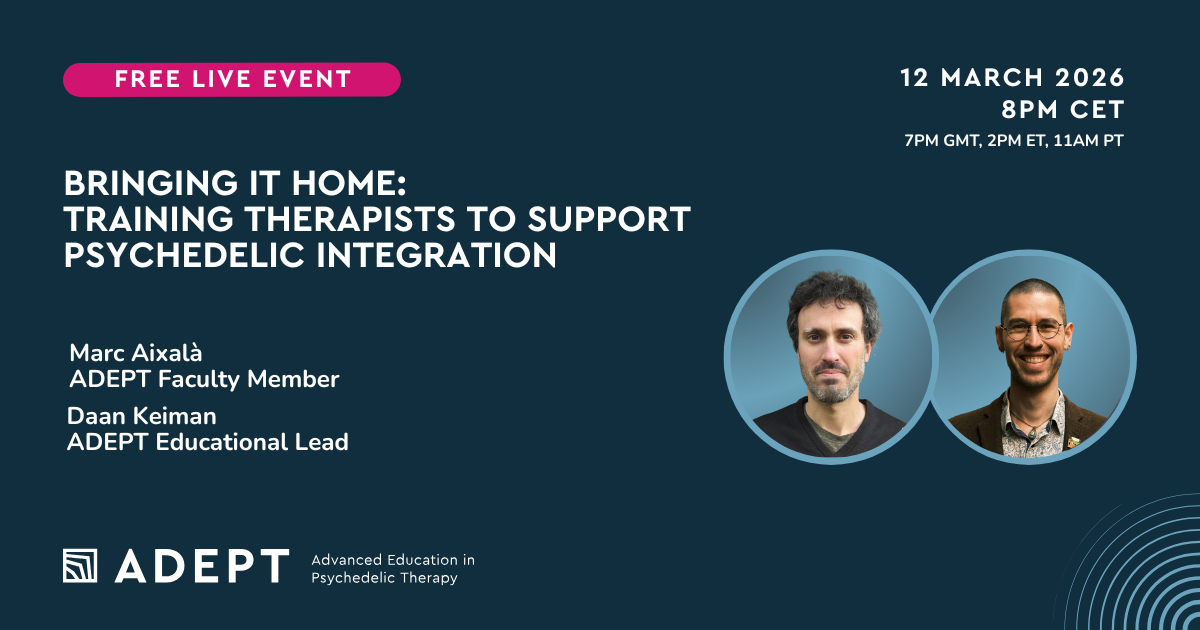Abstract
Over more than 60 years, monoamine oxidase (MAO) inhibitors are available for therapy of central nervous diseases. Although they have shown to be efficacious specifically in the treatment of major depressive disorders and treatment-resistant depression, they became less a therapeutic choice for the physicians mostly due to severe side effects, such as liver failure and hypertensive crisis associated specifically with the first generation of inhibitors. Nevertheless, this class of drugs is still being used for treatment specifically as more selective and reversible inhibitors became available and will provide clinicians with additional treatment options. The current review revisits monoamine oxidase inhibitors and their potential in the treatment of human diseases, such as anxiety, depression, mood and personality disorders, and pain and introduces current ideas and developments.
Entzeroth, M., & Ratty, A. K. (2017). Monoamine Oxidase Inhibitors—Revisiting a Therapeutic Principle. Open Journal of Depression, 6(02), 31. 10.4236/ojd.2017.62004
Link to full text













